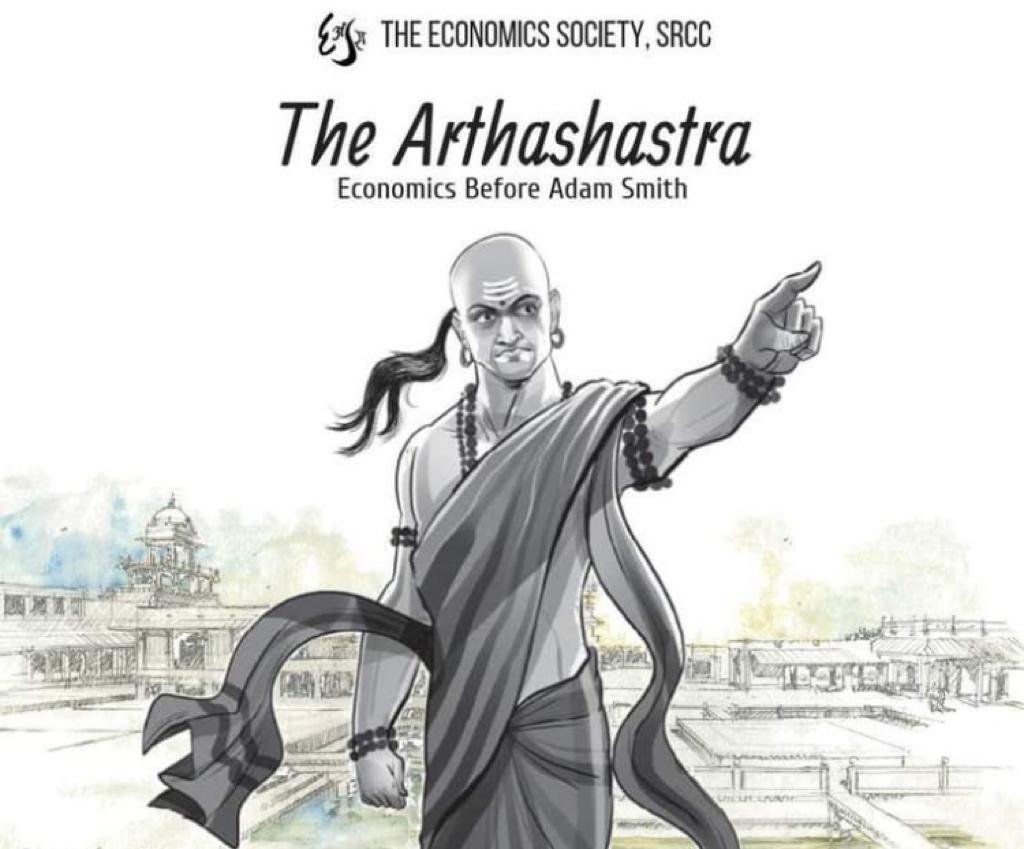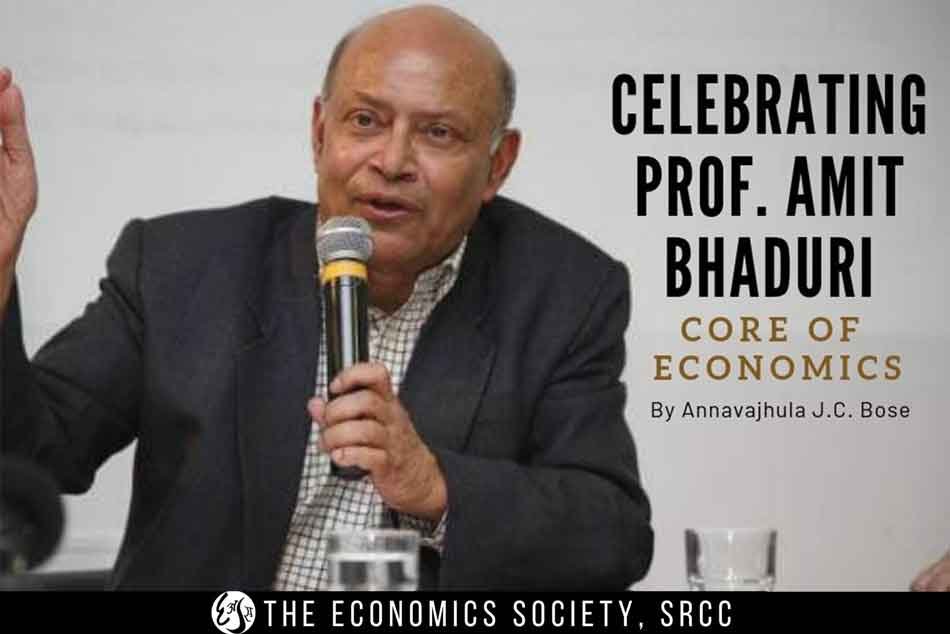
What is Progressive Economics?

Progressive economy aims to advance social justice, promote equitable economic development that realises socio-economic rights, and ensure a thriving, democratic, environmentally sustainable, and inclusive economy that places the needs of the majority at the centre. There are diverse networks, websites and think tanks serving the purpose of achieving a progressive economy by progressive economics as alternative economics—alternative to the standard, free market economics. Check out, for example, the PEF, Progressive Economy Forum. So, the concern of this posting is: how economics could change the economy to be progressive? Tomasky (2022) has proposed an innovative “middle-out economics” as the prospective progressive economic agenda to be taken up, by the Democrats in America; which is not irrelevant elsewhere too. It calls for investment in economic programmes that promote positive liberties for people at large—freedom from want and fear whereby most people decide they have more freedom to try to better themselves—under democratic capitalism.
Middle-out economics conveys the theory that “prosperity is built from the middle-out. People who never took an economics course can make the logical connections: middle means middle class, which means not the rich, which means me. And since everyone likes to think of themselves as being in the middle class, even people who in fact aren’t, it’s aspirational: it speaks to everyone below the middle class who aspires to join it.” Liberals need to drill this into the public consciousness with discipline and monotonous frequency! We need to seriously review ideas. “Ideas about human nature, about how generous or selfish we are; ideas about how and why people conduct commerce and about what motivates their economic decisions; ideas about what people want and need out of work; ideas about what constitutes the good life and how we as a society can best get there.
These ideas reflect a society’s reigning values at any given historical moment. What do we value more—the individual pursuit of wealth or the communal pursuit of basic comfort for all? What is government’s role in shaping the market? The economic ideas that we choose to promote reflect the principles we’ve chosen to elevate.” So, what does it mean when we say that according to middle-out economics, the economy grows not from the top down but ‘from the middle out’—‘from the bottom up and the middle out, not the top down’? “What it means is, invest in creating a large, stable, and comfortable middle class, and the economy will not only be fairer but grow faster. It holds that we are all better off when prosperity is broadly shared, and that the public sector—government—must play a vital part in shaping that prosperity.
It insists that this prosperity be inclusive in terms of race and gender, to correct for past (and present) discrimination, but also because greater inclusiveness means greater growth. More theoretically, middle-out economics maintains that the assumptions of classical and neoclassical economics about what motivates our economic decision making are wrong. We are not purely self-interested maximisers; we (most of us, anyway) are also generous, reciprocal, and concerned about this thing called the common good that today’s right wing dismisses. So, middle-out economics is more than just a theory of growth. It’s a vision of a better society, one that takes seriously, conviction, that the greatest happiness of the greatest number is the point of government.”
” This middle-out economics has, thus, emerged out of the following recognitions and possibilities, according to Larry Kramer of the William and Flora Hewlett Foundation. His superb argumentation, which you must read, establishes the following summary points. The 20th-century free-market paradigm has reached the end of its useful shelf life. There is little or no room left within it for useful solutions when it comes to the grave challenges we face today. Similarly, the 20th-century models of public management are equally unsatisfactory, not to mention politically infeasible. In light of this, we need to find new answers to the following questions. How should government and markets interact in today’s economy to produce prosperity with a fair distribution of wealth and opportunities?
What are the appropriate terms of a 21st-century social contract? Gladly, more data-based, context-specific, and so realistic understandings of both markets and government is emerging now. Research on these lines can be used to test and refine the overboard presumption that markets ought to be our default starting position. Good empirical analyses can also kickstart a long overdue process of rehabilitating government from exaggerated, axiomatic assumptions of incompetence—leading to improved understanding of where public solutions work well and where they do not. It is, thereby, possible to explore the possibilities for public-private partnerships and other novel experiments with government-market interaction.
It is possible to suggest and support innovative forms of government action to supplement, enhance, or modify competitive markets by promoting collaboration and cooperation. Or, it may be possible to structure markets in the first instance to yield a more equitable distribution (obviating the need to correct for wealth inequality through redistribution). It is possible to abandon the frankly bizarre idea that the sole purpose of a corporation is to maximise shareholder wealth (whether or not that’s what shareholders want). It is also possible to rethink the problem of concentrated private power and re-establish a more sensible role for antitrust and anti-monopoly laws, which is also long overdue.
Bernie Sanders (along with the firebrand Alexandria Ocasio-Cortez) had tried in vain to radically stretch the above ‘middle-out economics’ as a more direct pro-working class economics in terms of politics and economics of democratic socialism without opting for Marxist socialism. That means, he was choosing to be a social liberal in the USA, like social democrats in the Nordic countries, when he had argued for politics and economics to realise the right to a decent job that pays a living wage; the right to quality health care; the right to a complete education; the right to affordable housing; the right to a clean environment; and lastly, the right to a secure retirement. To conclude, I have summarised here, via Tomasky, Kramer and Sanders, the economic and political ideas of “beyond neoliberalism” assuming that you know that neoliberalism has ruled the roost all over the world since the 1970s. As the political scientist Wendy Brown has put it, “Neoliberalism forthrightly aimed to dismantle the social state…it is not only social regulation and redistribution that are rejected as inappropriate interferences in markets or as assaults on freedom. Also jettisoned is democracy’s dependence on political equality” (see Brown, 2017).

You have two alternatives to neoliberal economics: progressive liberal economics and much more progressive, social liberal economics. I hope that as a student of economics, you could let the above ideas ferment. I really hope that you would definitely emerge as a progressive economics student like Heather Boushey. Boushey (boo-SHAY), as you see her below, had earned her PhD in economics from the New School for Social Research, a centre of progressive thought since its founding in 1919, and had joined Joe Biden’s presidential campaign staff in March 2020, just as the coronavirus pandemic was upending the nation’s daily life and its politics. “She was one of a relatively small number of younger economists who had, since the Great Meltdown of 2008-2009 (she was thirty-eight when the global economy nearly collapsed), produced work that challenged her profession and asked probing questions about how most of that profession had failed to see the collapse coming.” Heather Boushey Young progressive political economists like her are emerging from theoretical as also activist think tanks such as the Institute for New Economic Thinking and the New Economics Foundation. This augurs well for economics to be useful economics in relation to the 99 percent, so to say! This note is dedicated to young and old, as also living and dead progressive economists for saying “equality is good”. There is no efficiency-equity trade-off that the standard, conservative economics hoodwinks you to accept.
Annavajhula J C Bose,
PhD Department of Economics,
References
https://progressiveeconomyforum.com/
https://economicsforeveryone.ca/files/uploads/Progressive_Economics_Organizations.pdf
https://www.law.nyu.edu/sites/default/files/Beyond%20Neoliberalism%20by%20Larry%20Kramer.pdf
https://www.vox.com/2019/6/12/18663217/bernie-sanders-democratic-socialism-speech-transcript
Michael Tomasky. 2022. The Middle Out: The Rise of Progressive Economics and a Return to Shared Prosperity. Doubleday.
Wendy Brown. 2017. Undoing the Demos: Neoliberalism’s Stealth. Zone Books.


